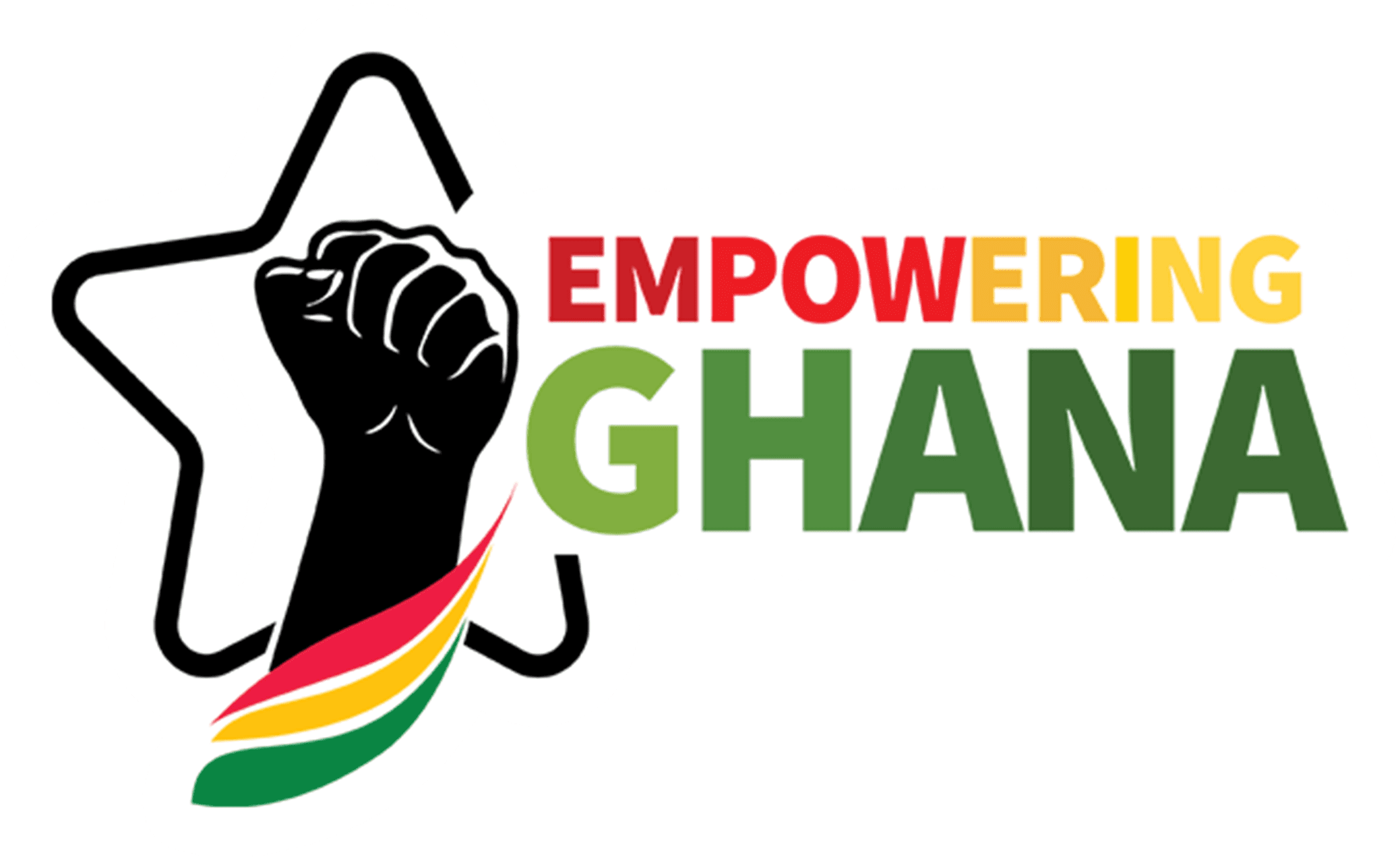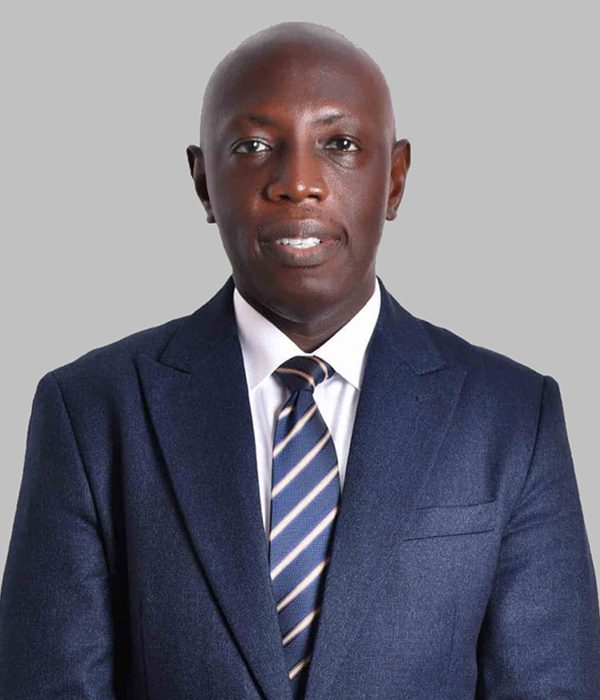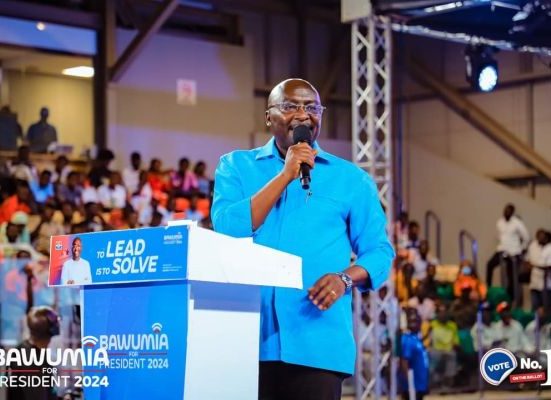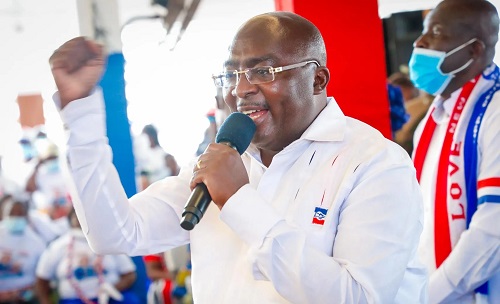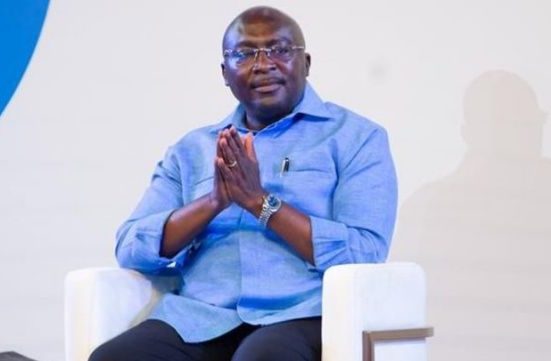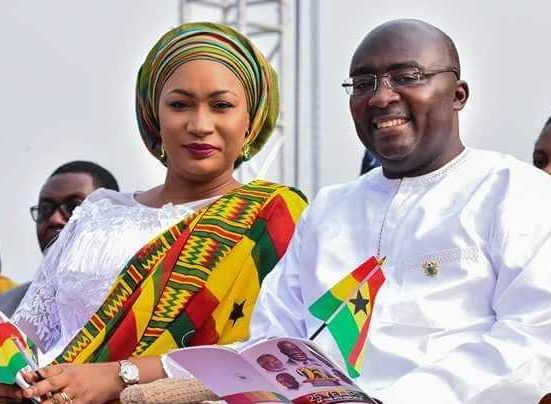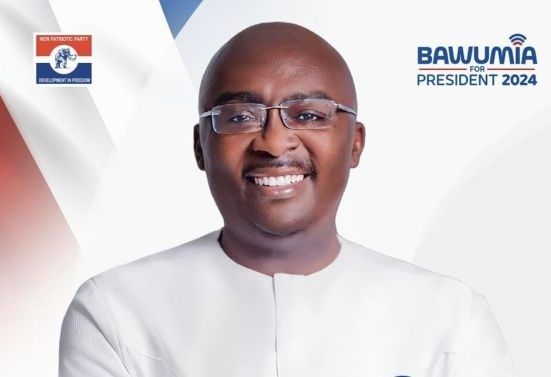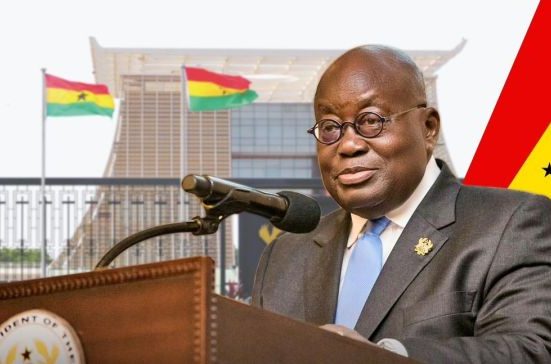Professor Isaac Boadi, Dean of Accounting and Finance at the University for Professional Studies (UPSA), has robustly defended the Akufo-Addo administration’s decision to reform the banking sector and rejected criticism from some members of the public that the measures were misguided.
He emphasized that the recapitalization efforts led by the Bank of Ghana were essential, asserting,
The banking sector would have faced a complete collapse without the clean-up exercise in 2017.
Professor Boadi made these comments on “The Next Chapter Series Show” with Dennis Miracles Aboagye on July 28, 2024.
According to Professor Boadi, the clean-up was based on an assessment report from 2015, which revealed that ten banks were in severe crisis and needed to be recapitalized to protect depositors’ funds. He noted that these banks were struggling due to insolvency, poor liquidity, and mismanagement of funds.
He explained that the Assets Quality Review Report recommended that these banks be either collapsed or consolidated before 2016, but these recommendations were not implemented. The current government, he said, acted on these recommendations, leading to the clean-up.
The report also identified misuse of funds and third-party transactions as significant factors contributing to the banks’ problems. Professor Boadi pointed out that funds meant for the banks were often misused for unrelated ventures or given out as unsecured loans.
He highlighted that delays in implementing the report’s recommendations worsened the crisis by the time the Akufo-Addo administration took office. According to Professor Boadi, the banking sector could not have been rescued through any other means, as previous interventions by the Bank of Ghana were ineffective due to the misuse of liquidity support.
He criticized the previous Bank of Ghana governor for allowing financial mismanagement to persist, leading to a more severe crisis. Professor Boadi asserted that blaming the current government for the banking sector issues is unfair, as they were responsible for saving the sector.
The Bank of Ghana initiated a banking sector cleanup in August 2017, investing GHS 21 billion to stabilize and strengthen the sector. This included regulatory reforms, recapitalization, and the revocation of licenses for various financial institutions, saving the deposits of 4.6 million people.
The clean-up resulted in the closure of ten domestic banks, the revocation of 347 microfinance licenses, 23 savings and loans licenses, and 23 finance company licenses. Additionally, 16 universal bank licenses were revoked. UT Bank and Capital Bank were absorbed by GCB Bank, while several other banks had their licenses revoked and were placed under the Consolidated Bank of Ghana. Some banks underwent mergers, and Bank of Baroda exited the sector voluntarily.
On the issue of GN Bank, Professor Boadi suggested that in other jurisdictions, Dr. Papa Kwesi Nduom would have been held accountable in court for his role in the bank’s collapse. He argued that the owners of GN Bank should have been prosecuted for their part in the bank’s failure.
